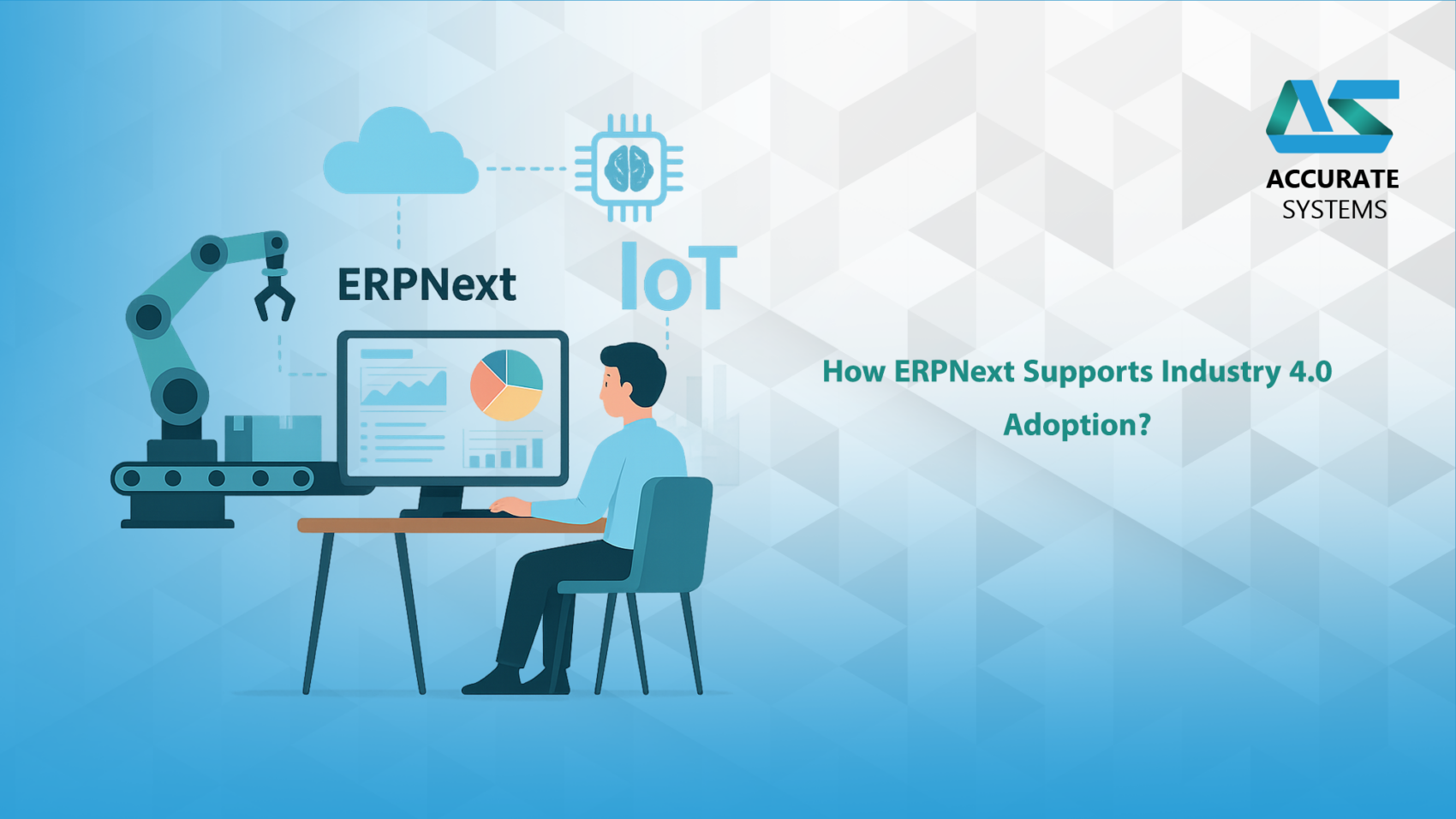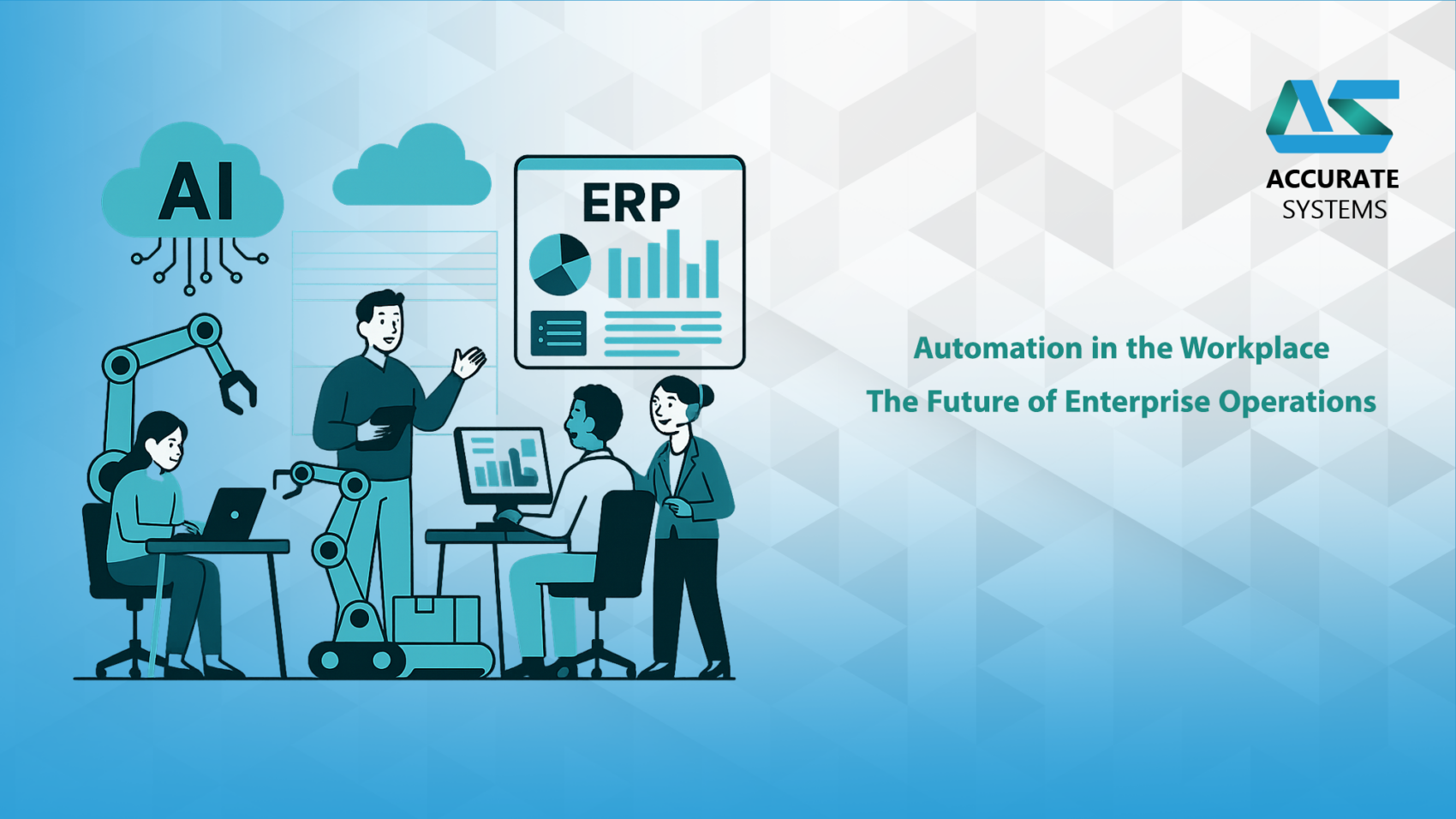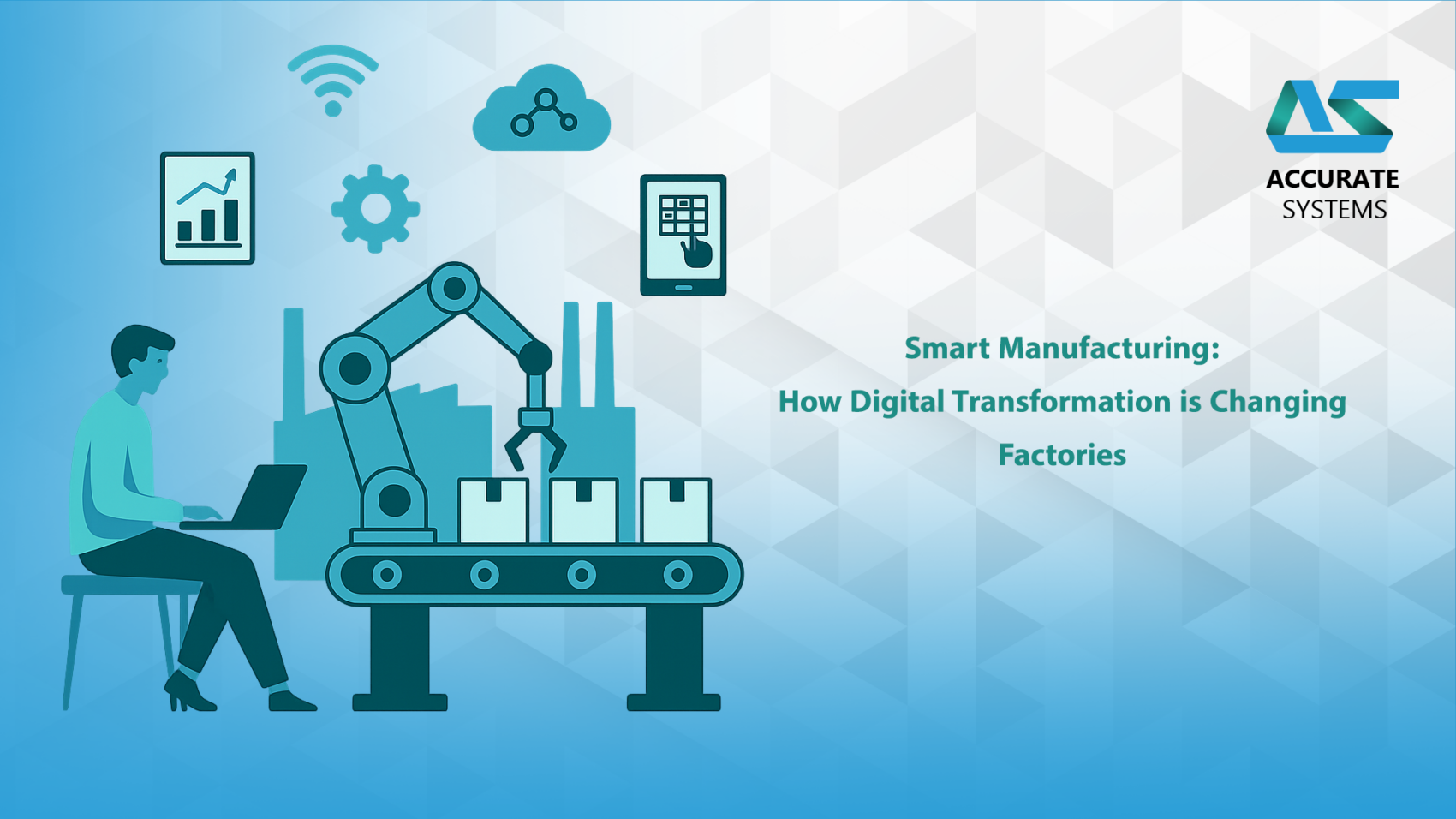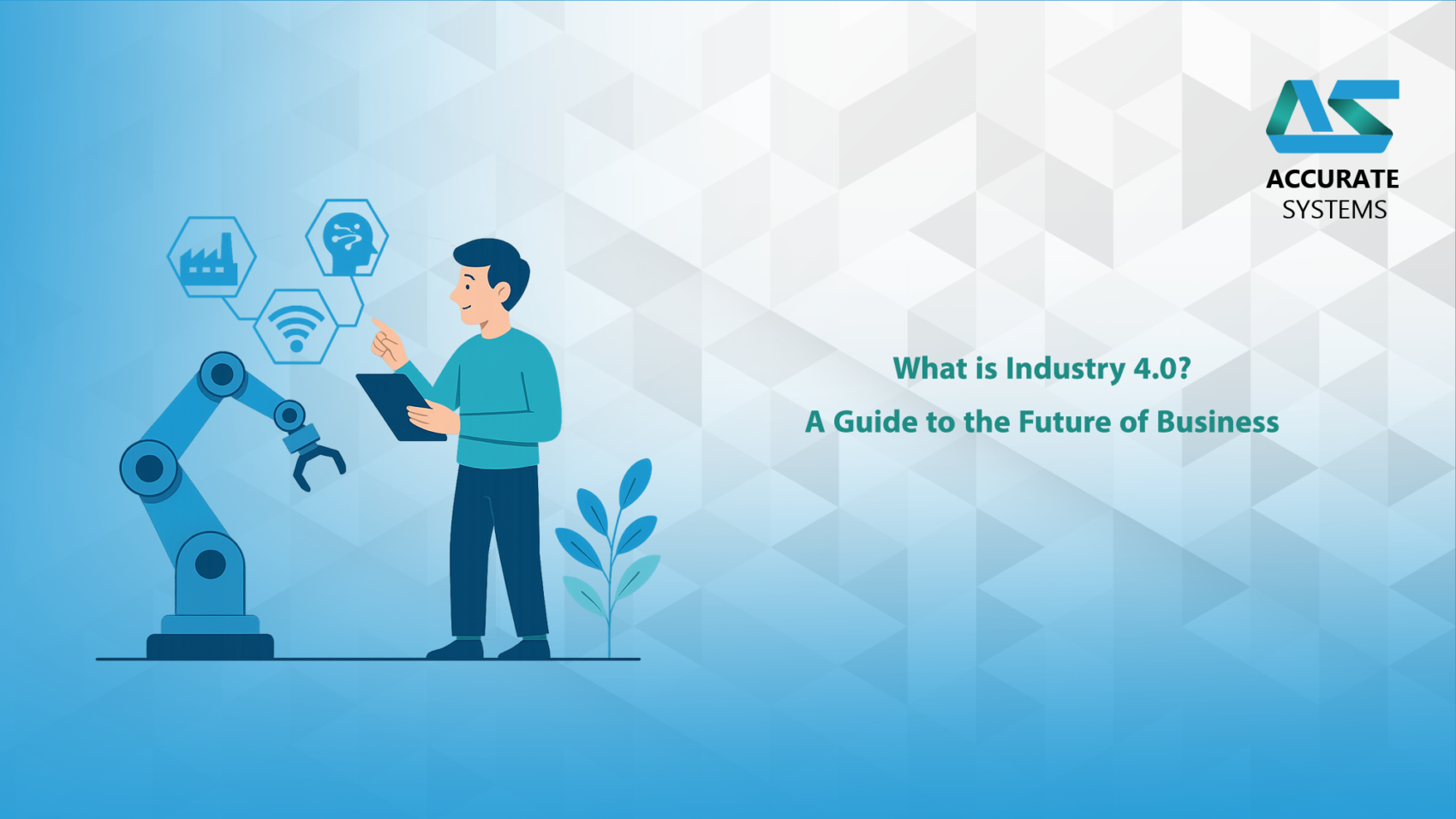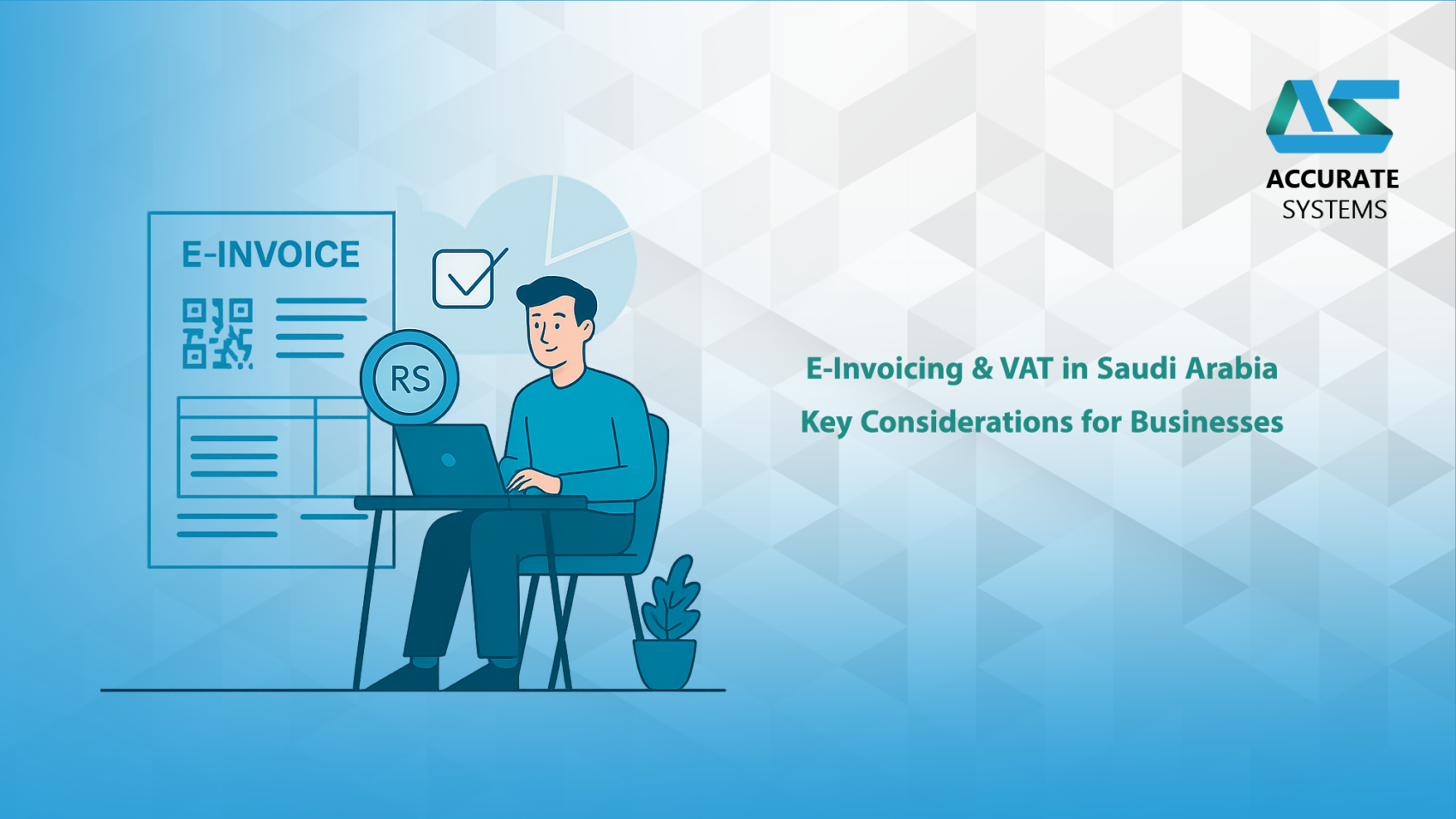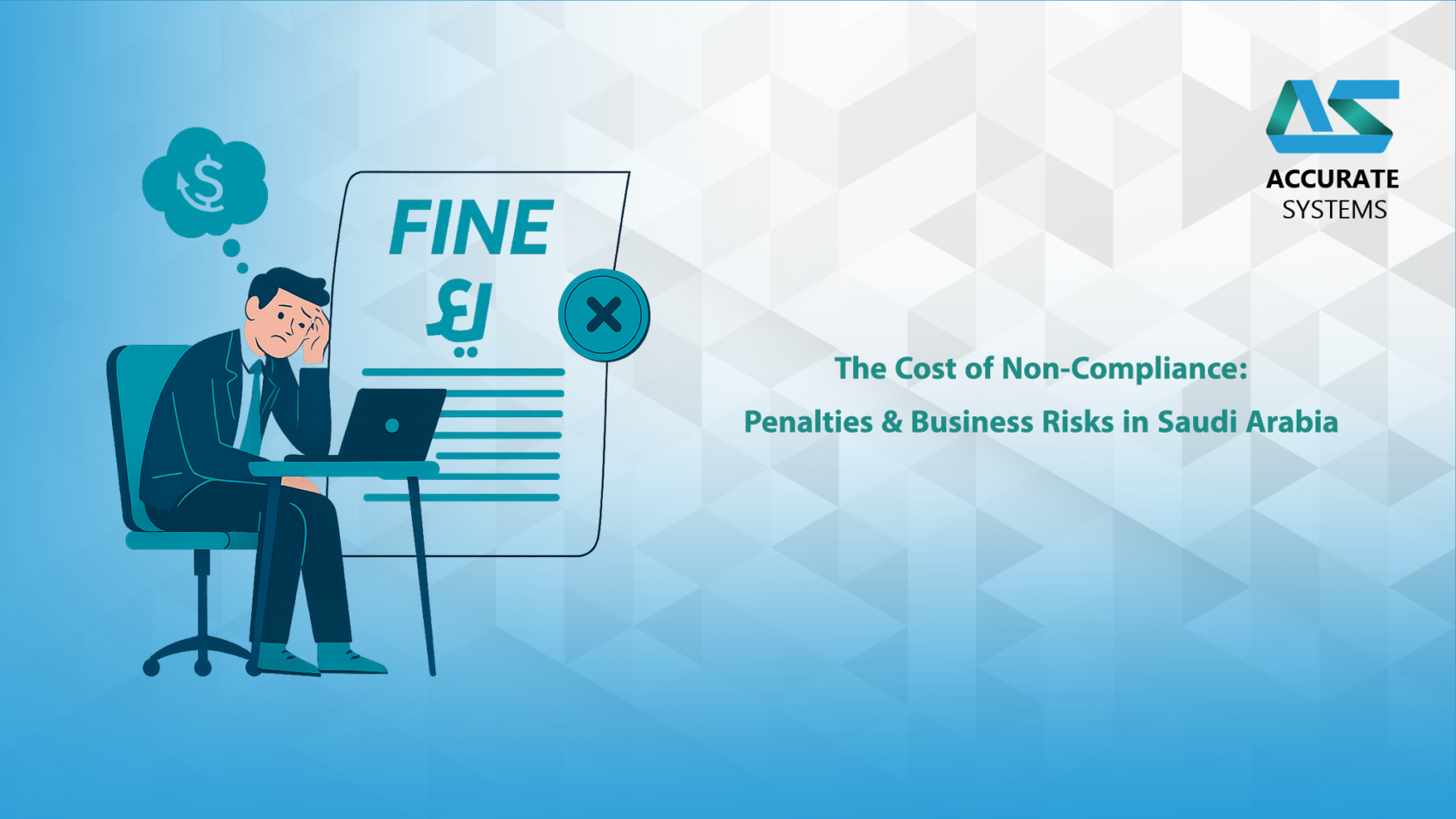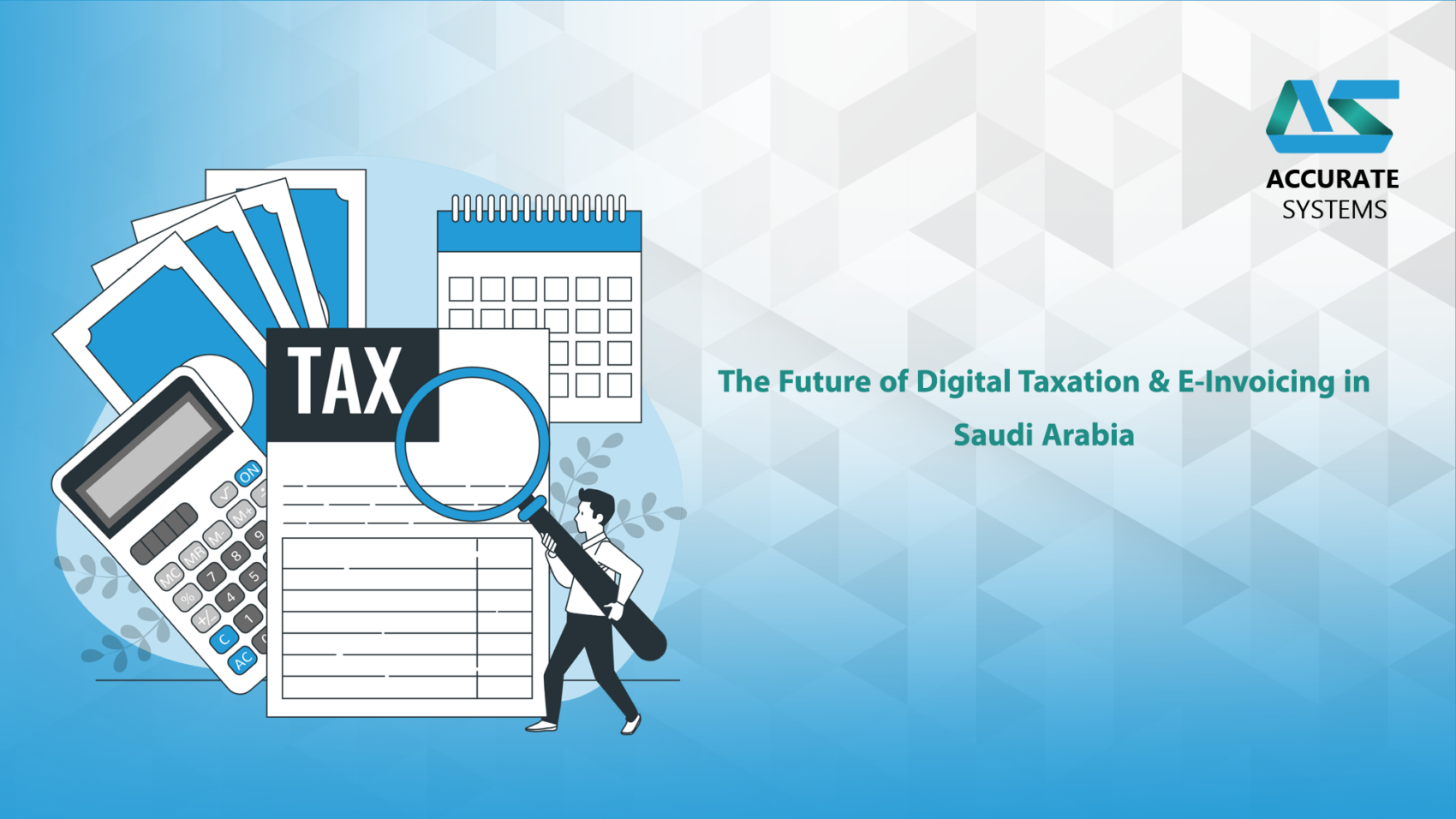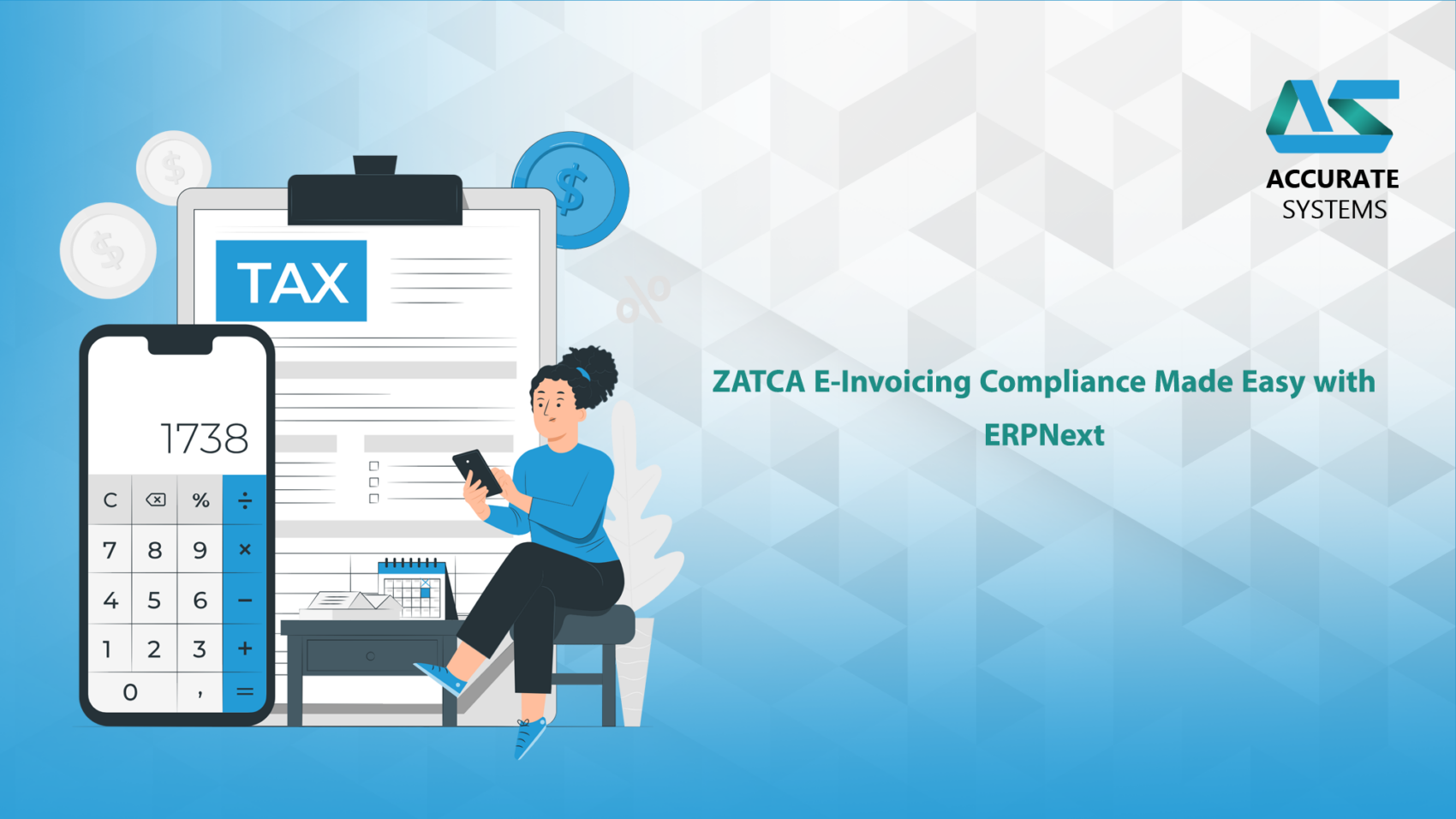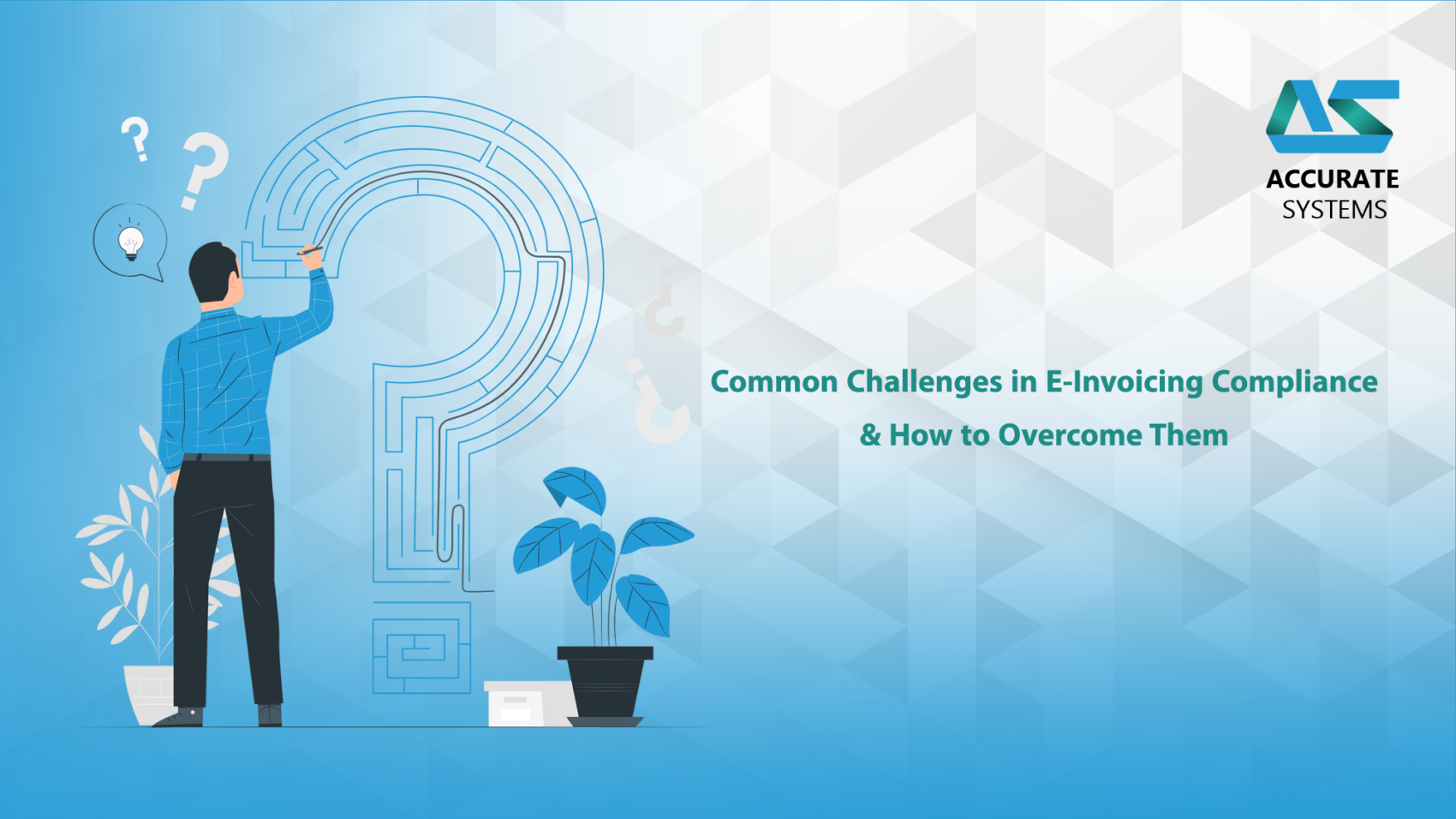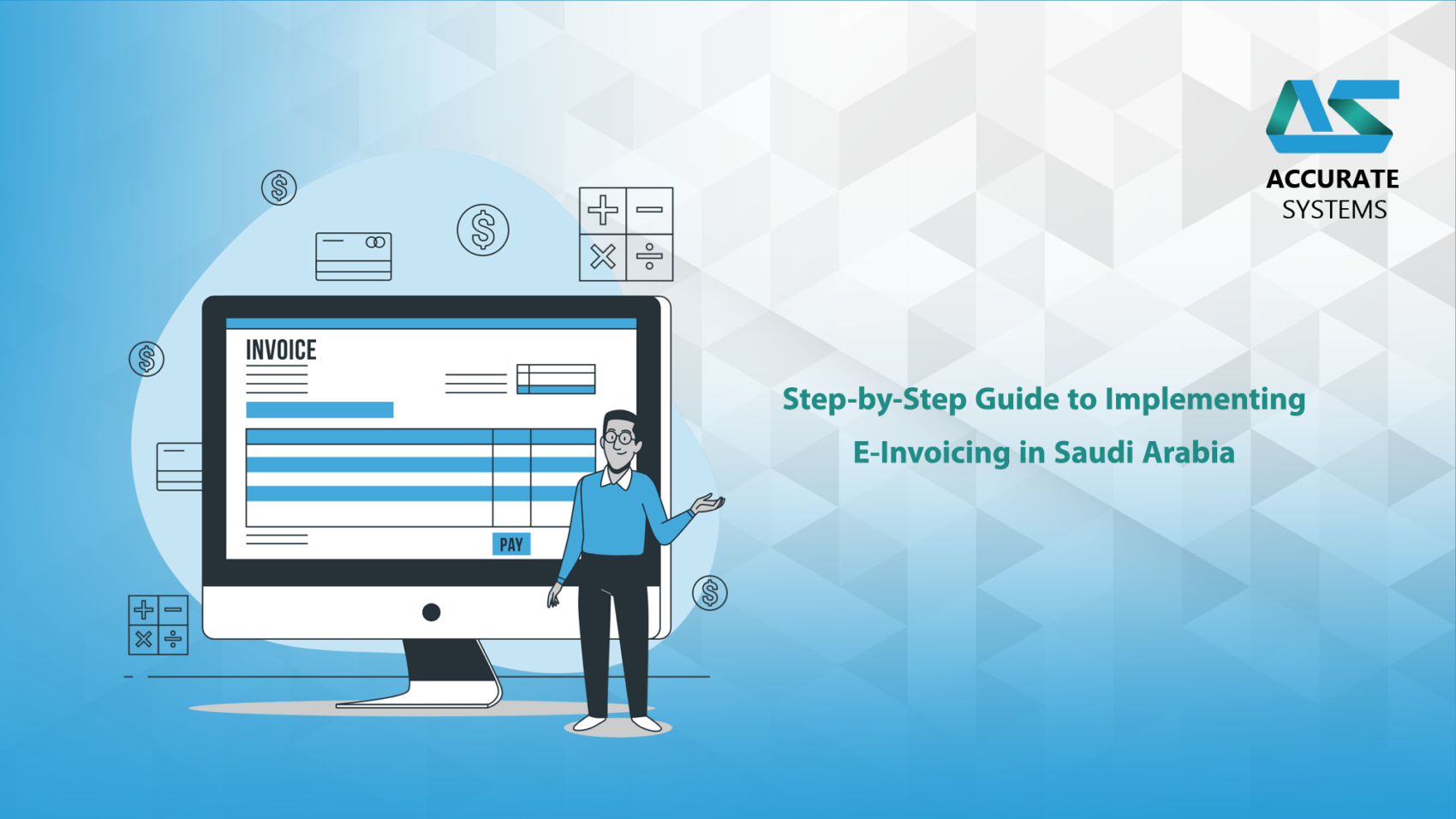What is ERPNext and Why It Matters in Industry 4.0
ERPNext is a modern, open-source ERP solution designed to streamline and digitize business operations across various departments, including manufacturing, inventory, finance, and HR. As companies transition into the era of Industry 4.0—characterized by automation, real-time data, and interconnected systems—ERPNext provides the digital backbone for smart enterprise transformation.
ERPNext’s modular, cloud-ready architecture makes it an ideal ERP platform for businesses aiming to adopt Industry 4.0 technologies such as IoT, AI, robotics, and machine learning. It empowers manufacturers and service providers to become more agile, efficient, and competitive.
Key ERPNext Features that Enable Industry 4.0
ERPNext includes robust features that align perfectly with the core principles of Industry 4.0:
✅ Modular ERP Design
ERPNext includes modules for manufacturing, CRM, sales, accounting, inventory, HR, and more—centralizing business data in a single platform.
✅ Custom Workflows and Automation
Users can design and automate business processes using custom scripts, triggers, and approval hierarchies to optimize operations.
✅ Real-Time Dashboards & Analytics
ERPNext offers real-time reporting tools and visual dashboards to monitor key performance indicators (KPIs) across departments.
✅ Inventory and Supply Chain Management
Supports multi-warehouse inventory control, automated reordering, and end-to-end supply chain visibility.
✅ Integrated Manufacturing Execution System (MES)
Track work orders, schedule production, monitor capacity, and manage shop floor operations with built-in MES capabilities.
✅ Access Control and Security
Granular user permissions, audit logs, and role-based access ensure security and compliance.
How ERPNext Integrates with IoT, AI, and Smart Automation
ERPNext’s open architecture allows seamless integration with Industry 4.0 technologies:
🌐 IoT Integration
ERPNext can connect to IoT-enabled devices using REST APIs, MQTT, or third-party bridges, enabling:
- Real-time equipment monitoring
- Predictive maintenance alerts
- Automated updates to production logs
🤖 Artificial Intelligence
AI and machine learning tools can be integrated with ERPNext for:
- Forecasting sales, inventory, and resource planning
- AI-powered chatbots for customer service and internal support
- Automated document classification and quality inspections
🔁 Workflow and Process Automation
ERPNext enables:
- Event-based task automation (e.g., auto email alerts, status changes)
- Integration with RPA tools to handle repetitive back-office tasks
- Workflow triggers across modules (sales, accounting, HR)
These capabilities help businesses build smart, connected environments in line with Industry 4.0 goals.
Benefits of Using ERPNext for Industry 4.0 Transformation
Implementing ERPNext supports digital transformation through:
📊 Centralized Data Management
Unifies data across departments for full operational transparency and collaboration.
⏱️ Real-Time Operational Insight
Live dashboards and reports help executives make fast, informed decisions.
💸 Cost-Effective Implementation
As an open-source platform, ERPNext offers a lower total cost of ownership with no license fees.
📈 Scalable and Flexible Deployment
Whether on-premise or cloud, ERPNext scales to support business growth and geographic expansion.
🔧 Customization and Integration
Flexible architecture and built-in API access support seamless integration with other smart systems.
Step-by-Step ERPNext Implementation for Industry 4.0
To align ERPNext with Industry 4.0 strategy, follow these best practices:
1. Assess Your Digital Readiness
Evaluate current IT systems, pain points, and opportunities for automation.
2. Define Transformation Objectives
Establish goals—such as improving manufacturing visibility, enabling predictive maintenance, or reducing cycle times.
3. Plan Module Rollout
Start with core modules like accounting, inventory, and manufacturing. Expand into CRM, HR, and project management.
4. Migrate and Clean Data
Prepare legacy data for import into ERPNext. Ensure accuracy and consistency.
5. Configure and Customize Workflows
Build custom forms, scripts, and approval flows tailored to your operational needs.
6. Integrate IoT and AI Tools
Connect sensors, devices, and analytics tools to automate data input and analysis.
7. Train Teams and Go Live
Educate users, test modules thoroughly, and monitor post-launch performance for optimization.
Conclusion: ERPNext as a Smart ERP for Industry 4.0
ERPNext is a future-ready ERP platform built for businesses embracing the Fourth Industrial Revolution. With deep integration capabilities, real-time analytics, and full business process automation, ERPNext enables companies to optimize operations and stay ahead in a digital-first economy.
By adopting ERPNext, organizations gain more than software—they gain a digital foundation that supports innovation, agility, and scalable growth in the Industry 4.0 era.
#ERPNext #Industry4 #SmartManufacturing #DigitalTransformation #OpenSourceERP #IoT #AI #MES #ERPIntegration #SmartEnterprise


